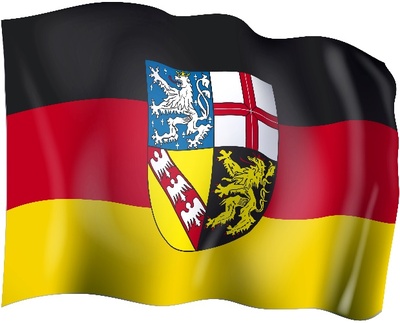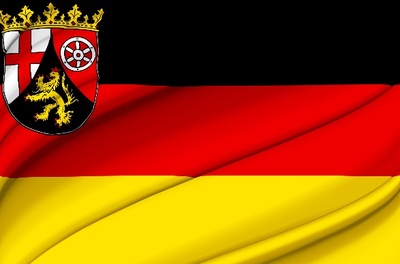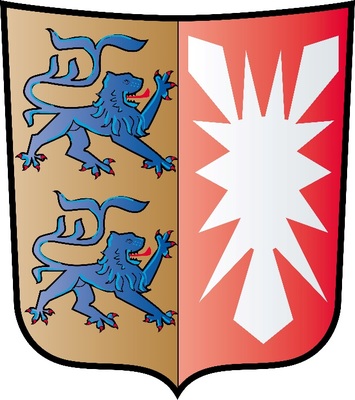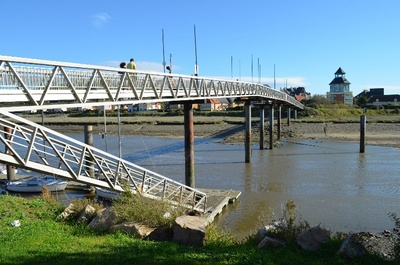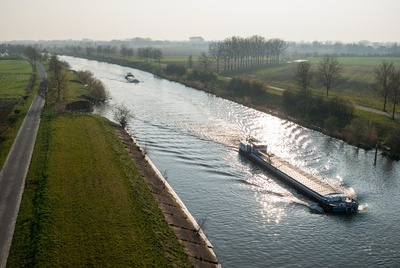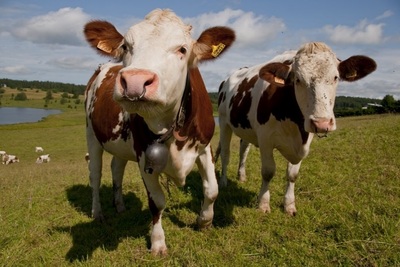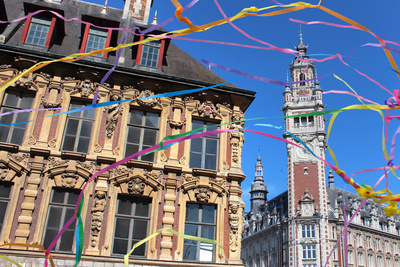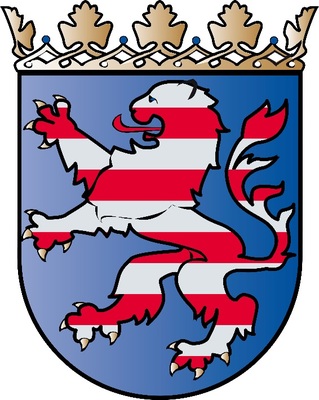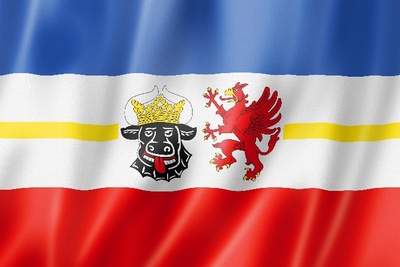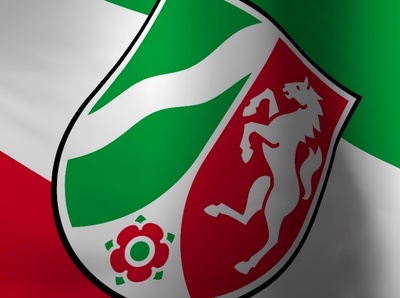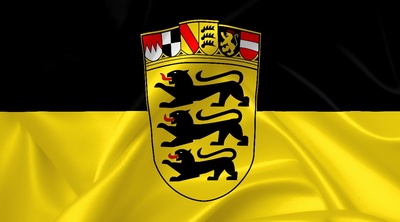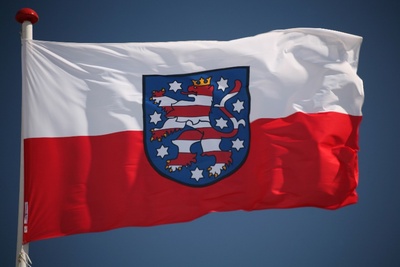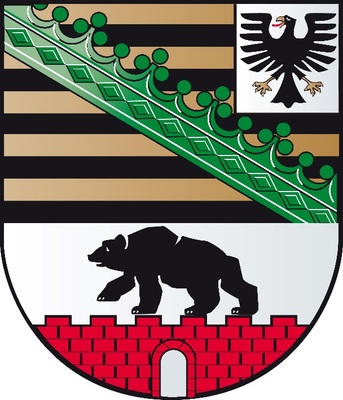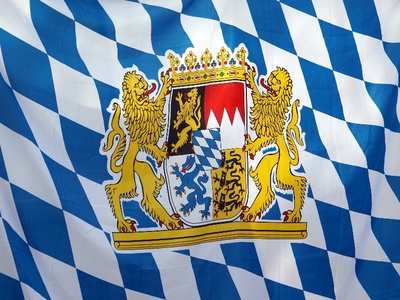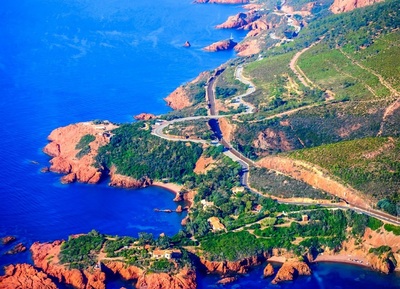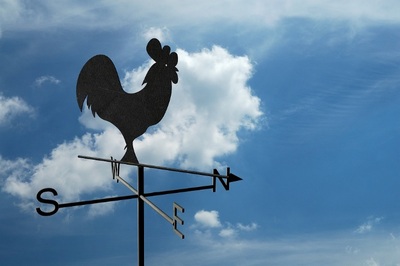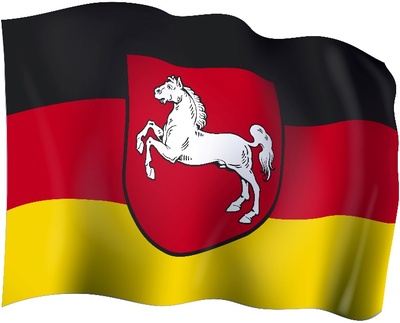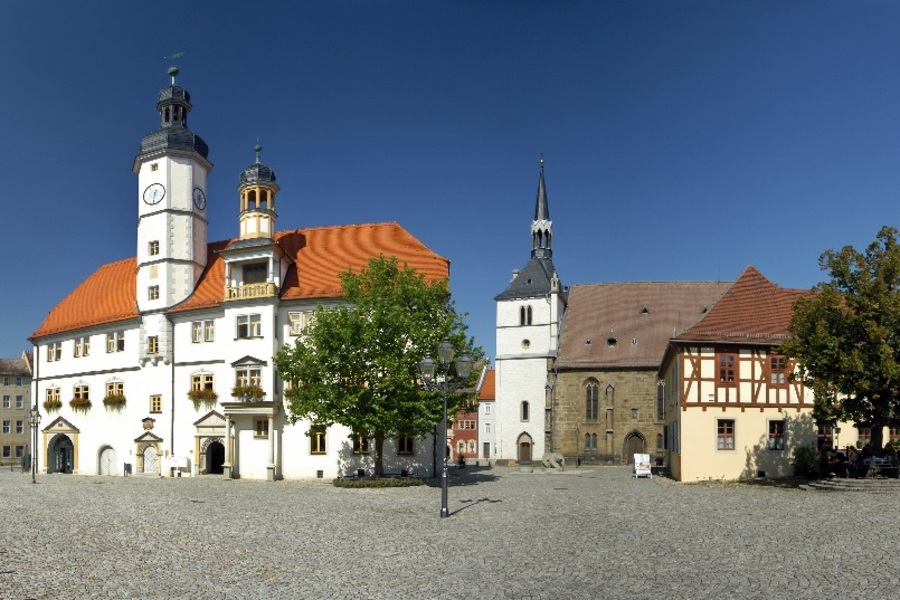
Saale-Holzland district, Germany
- Add to favouritesSaale-Holzland district
- Download

The Saale-Holzland district, in the eastern part of the Free State of Thuringia, comprises 91 municipalities and is home to some 82 500 people (2021). The mainstay of its economy was once the processing of ceramics and wood but this has given way to an innovative mix of traditional and more modern small businesses. With numerous hospitals and clinics in the district, health care also plays a prominent role in the local economy. As home to historically important producers of porcelain and pottery, well-preserved baroque hunting grounds and numerous hiking trails, it is also an attractive destination for tourists. The area is also renowned for its long-standing beer-brewing tradition.
Examples of projects and initiatives supported by the EU
2-phase digestion on the site of the Kahla sewage treatment plant
Two-phase digestion is derived from a natural process in which the hydraulic layer is decoupled from the sludge layer. The introduction of this system [at the Kahla sewage treatment plant]](http://www.arequa.de/Arequa-KAH.html) will reduce energy consumption by around 50 % the amount of sludge by 30 %. The European Regional Development Fund covered 80 % of the total costs, which were more than EUR 1.7 million.
Insect protection in Seitenbrück and Seitenroda
The district of Seitenbrück participated in a LEADER project to implement ‘creative ideas for more insect protection in the municipality’. The project resulted in the creation of insect-friendly hedges, a flower meadow and information boards with QR codes. The municipality of Seitenroda also took part in this initiative and planted numerous early-blooming flowers, shrubs and fruit trees.
TIZIAN plus in the Saale-Holzland district
The ‘Thuringia Initiative to reduce poverty with sustainability plus’ (TIZIAN plus) promotes the social participation and integration of the long-term unemployed facing difficult life situations. For example, in the Saale-Holzland district, 30 participants received individual support and guidance from 2019 to 2021. The project received more than EUR 400 000 from the European Social Fund.
- Further information
Representation of the Free State of Thuringia to the European Union, https://thueringen.de/thueringen-in-bruessel/landesvertretung
Thuringia’s European policy, https://www.staatskanzlei-thueringen.de/arbeitsfelder/europa-und-internationales/europapolitik
European Parliament | Liaison Office in Germany , https://berlin.europarl.europa.eu/de
EPRS | European Parliamentary Research Service , http://www.epthinktank.eu/

















































